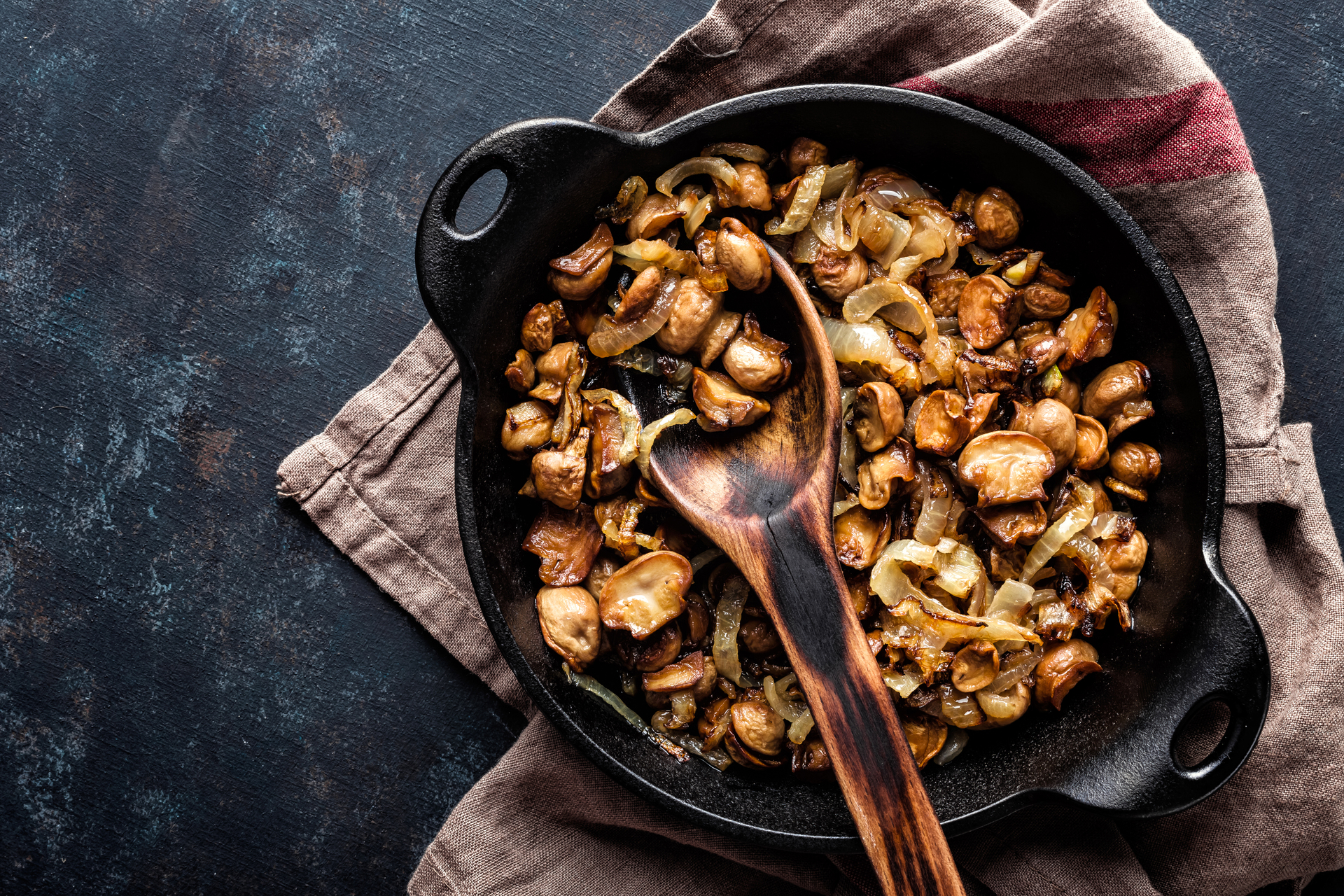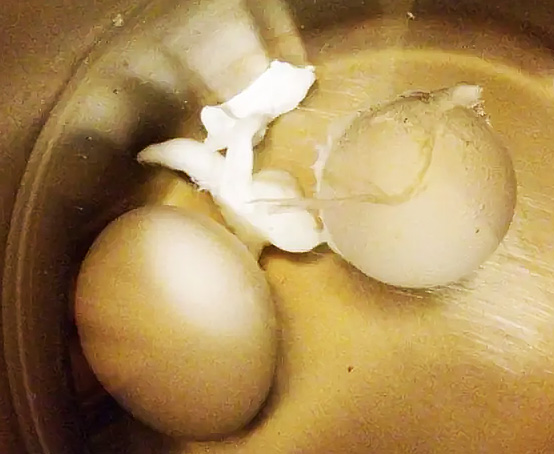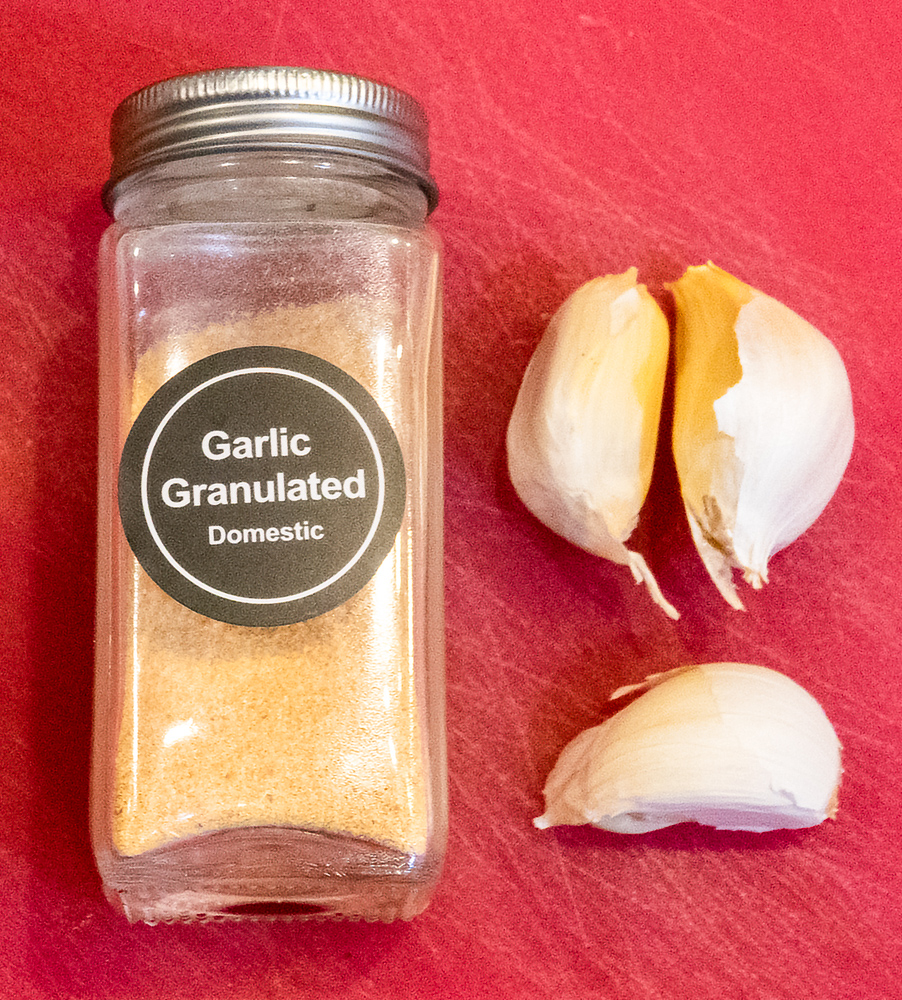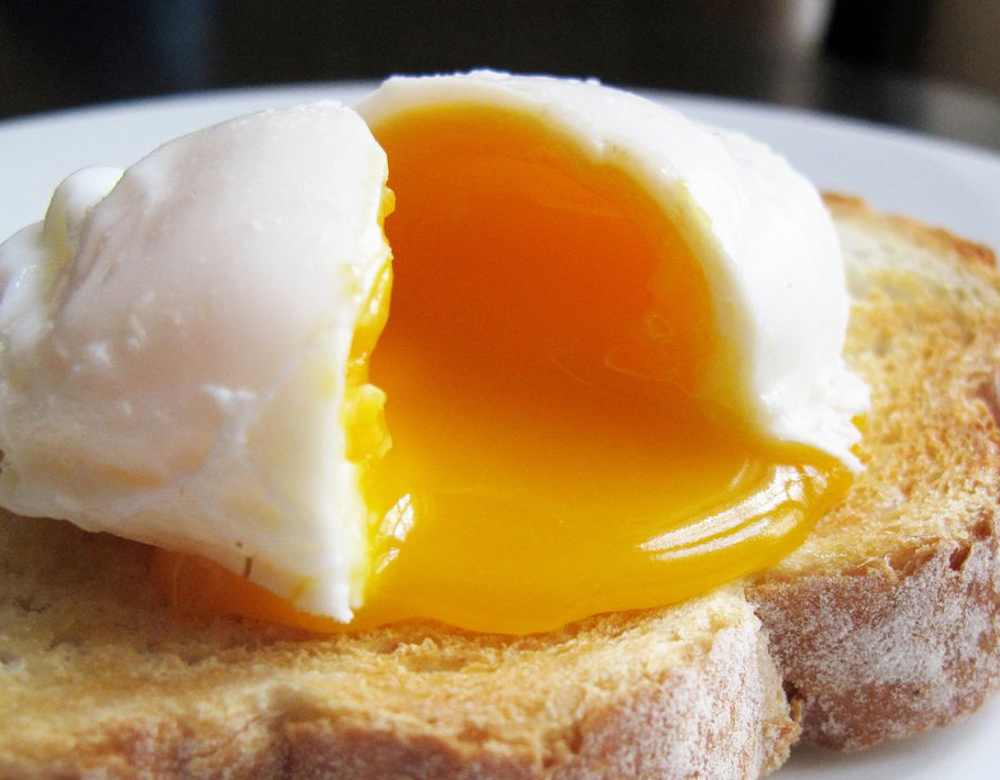This old saw has been around for ages, partly because meat cooked over low heat will leak liquid while meat cooked over high heat—seared—appears not to. The high heat, it is claimed, forms a waterproof skin on the meat, so the liquid stays in the meat and the meat turns out jucier. But that’s not what is happening.
When you cook meat, the collagen fibers in the flesh contract and squeeze liquid out of the meat regardless of the cooking temperature. With high heat, the liquid boils away immediately and you never see it, while at lower temperatures the liquid accumulates in the pan. The sizzle you hear over high heat is in fact the sound of that liquid rapidly boiling away.
Searing is important for another reason, specifically the Maillard reaction. When the proteins and sugars in meat are exposed to high heat, a host of chemical reactions take place, and lots of new flavor elements are created. It is these flavors, both in the browned surface of the meat and in any pan juices that result, that make seared meat taste and smell special.
Another reason for this myth may be because searing meat that will be stewed, roasted, etc. does indeed give tastier results. It has nothing to do with sealing in the juices, however. Careful experiments took identical pieces of meat and cooked them with and without searing. If searing did seal in juices, then the seared meat would lose a smaller percentage of its weight during cooking than the unseared piece and thus be heavier after cooking. In actuality, both the seared and unseared meat lost about the same amount of weight.
And some more info about cooking meat is here.
Well duh, of course this will work−oil is slippery, after all! But sorry, no. In realty, almost all the oil goes down the sink when you drain the pasta and the sewer beasties will enjoy your good olive oil.
So how can you reduce sticking? Tossing the pasta with a little oil just after draining works much better. Or do as the Italians do, which is to mix the pasta with the sauce right away after you drain it. This has the added advantage of letting the flavors meld.
Other ways to reduce sticking problems include buying high quality pasta (which sticks less than the cheap stuff), by not overcooking the pasta, and by making sure you are boiling it in enough water, and by salting the water. Also, stirring the pasta for 10-20 seconds right after adding it to the boiling water makes stickiness less of a problem.
If you are cooking the pasta for later use, or for use in a cold dish, try rinsing with cold water right after draining.
Some recipes call for sautéing in olive oil, preferably extra virgin olive oil (EVOO), for reasons of flavor and the reported health benefits. But there is no reason to reach for your high-end, expensive EVOO.
It seems that the special, subtle flavors of high-end EVOO pretty much all vanish when the oil is heated to sautéing temperatures. If you want to use olive oil, it is fine to use the less expensive everyday oil. Save your special, expensive oil for salads, dipping bread, and other non-heated uses. If you want that lovely olive oil flavor on cooked foods, drizzle a bit of the good stuff on after cooking, preferably while the food is still warm.
Many people hard-cook eggs by putting them into already-boiling water. The temperature shock, it is claimed, causes the shell to expand quickly and crack, resulting in stringy and unsightly egg white leaking out. But while this theory seems to make sense, it is not true.
First of all, an expanding shell is not likely to crack–a shrinking shell is. In this case, an egg could crack when it is done cooking and is transferred from the boiling water to the cold water bath. Of course, by that time, cracks do not matter.
So, why do some eggs crack sometimes when you boil them? Some eggs already have invisible cracks in them from rough handling during production and shipping. These will indeed open up in hot water and release egg white. In some cases, if the water is actively boiling, the eggs will be bounced around and cause new cracks. Thus, if you must boil eggs, use gently simmering water.
I once saw Julia Child demonstrate this on her TV show. She took a bunch of raw eggs from an ice water bath and put them directly into simmering water, and not one of them cracked. Pretty convincing! This has also been my experience, although Like many other cooks, I prefer the steaming method these days. Please refer to this page for details.
Well, the name certainly sounds like it came from Switzerland! But no, the name comes from the process used to tenderize the steak by pounding or rolling it, which is called swissing. The meat – a tough cut, typically round or chuck steak–is then floured and pan fried followed by simmering in a tomato/onion sauce until tender.
Additional reading: Recipe for Swiss steak
Many cooks like to sauté mushrooms, usually in a bit of butter or oil, until they are a bit brown. This improves the flavor and texture. And most people add the salt (if they are using it) right at the start of cooking. Turns out that this is not a good idea! Adding salt at the end of gives better results.
Here’s why. Adding salt at the start can draw liquid out of the ‘shrooms, and this liquid will inhibit browning. So, add that NaCl right at the end of cooking. You’ll thank me!
Many people hard-cook eggs by putting them in already-boiling water. The temperature shock, it is claimed, causes the shell to expand quickly and crack, with stringy egg white leaking out. But while this seems to make sense, it is not true.
First of all, an expanding shell in not likely to crack–a shrinking shell is. In this case, an egg might crack when it is done cooking and is transferred from the boiling water to the cold. Of course, by this time, cracks do not matter.
iI one saw Julia Child, on her show, demonstrate this. She took a bunch of raw eggs from an ice water bath directly into boiling water, and not one of them cracked. Pretty convincing!
So, why do some eggs crack? It seems to be two things. Some eggs already have invisible cracks in them from rough handling during production and shipping. These will indeed open up in hot water and release egg white. Also, rapidly boiling water will bounce the eggs around and cause new cracks. Thus, if you must boil eggs, use gently simmering water.
But the best way to cook “hard-boiled” eggs is, in my and many other cooks’ opinions, steaming. Please refer to this post.
It is an article of faith among many steak lovers that a steak should be flipped only once, whether being cooked on the grill or in a pan. Turns out that this is a myth. Single flipping certainly won’t ruin anything, but multiple flips–say every 30 seconds– results in more evenly cooked meat with less overcooked meat at the edges. Try it yourself, you’ll see!
Garlic powder–or its kissing cousin granulated garlic–is sure convenient. Lasts forever in the pantry, no peeling or smelly fingers. There’s just one problem though: it does not taste like garlic! Seriously folks, the chemicals that give fresh garlic its unique flavor are destroyed or removed by the drying process.
This does not mean garlic powder is useless. It has its own flavor that I find good in BBQ rubs. And peeling can be avoided if you buy pre-peeled whole raw cloves. They must be refrigerated and do not last as long as whole dried heads, but the flavor is fine.
And avoid garlic juice, paste, and pre-minced garlic. The unique garlic flavor is created via a chemical reaction that occurs when the clove is cut or mashed, and this flavor starts dissipating immediately.
Eggs set up when their proteins denature, typically when exposed to heat. But acids–such as vinegar–also can cause egg whites to denature. Thus, some people add vinegar to the poaching liquid on the theory that it will give eggs with a nicer shape.
Nice theory, but it doesn’t work. The problem is that acid denatures egg proteins slowly, and by the time the vinegar has an effect the eggs are already set up from the heat. And the vinegar can make the eggs a bit tougher and, of course, add a vinegar taste. So, skip the vinegar!
What about salt? It has no effect on the cooking but can help the flavor.











